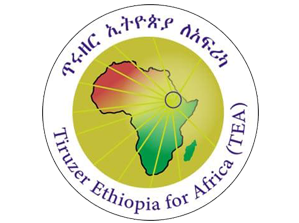Ethiopian Cultural Foods
Cooking Ethiopian food involves a lot of preparation but it’s very satisfying to get to enjoy some of the fine recipes from this country. Here are the basics you need to know about Ethiopian cuisine before you start.
After you’ve read this, get together with some friends, cook up several of the delicious recipes you can find online, and have a taste of Ethiopia! (We recommend you buy the injera.)
Wat and injera are the mainstays of Ethiopian cuisine. Wat is a thick stew and it is served on top of the injera.
Injera is Ethiopian bread. It is a spongy sourdough bread made out of teff flour that looks something like a large pancake. Teff is it is unique and suitable for health in that it is gluten free. When dining, it is customary to use your fingers to break off pieces of injera and use them to pick up bites of the food. Rich and spicy, Ethiopian food is traditionally eaten communally, with everyone enjoying the food off of one large plate.
When food is available, the Ethiopian diet includes meat (beef, chicken, goat, and lamb) as well as vegetables, legumes, and grains. Spices are important in cooking, especially berberie, which is a combination of spices that includes chili pepper, and mitmita, which is very spicy. Another important ingredient is niter kibbie, a spiced clarified butter. Ethiopian spices give the dishes of this country their richness and unique taste.
Vegetable oil replaces niter kibbie when cooking vegan dishes. Vegan dishes are popular in Ethiopia because those who are Orthodox Christians don’t eat meat or dairy on fasting days. Chickpeas, red lentils, and split peas are transformed into delicious stews, as are kale, collard greens, and tomatoes. Potatoes and carrots are also used.
While vegan dishes are delicious, there is plenty of meat in Ethiopian cuisine. Chicken stew, beef stew, and kitfo—raw ground beef mixed with berberie—are common and delicious. Tibs is a dish of stir-fried meat that may include vegetables. It’s cooked with niter kibbie and herbs.
Coffee is very popular in Ethiopia and a coffee ceremony will often be performed after a meal. The coffee is served with sugar, salt, or niter kibbie. Other drinks include tea, tej—a honey wine—and home-brewed beer.
